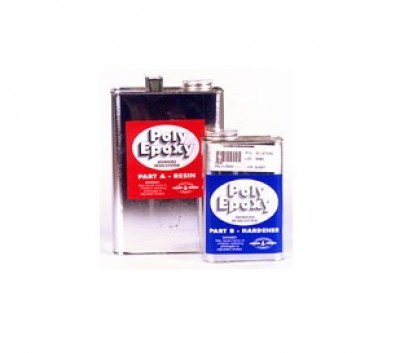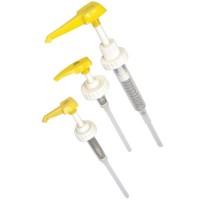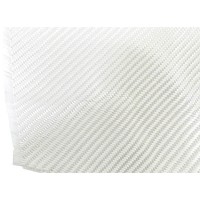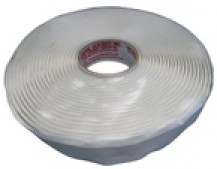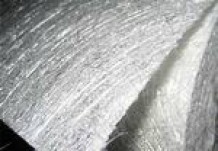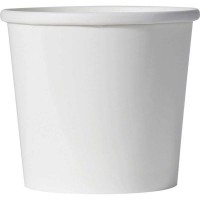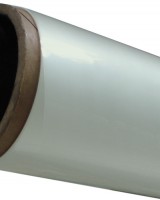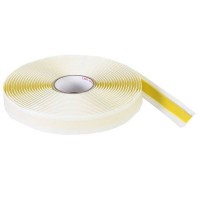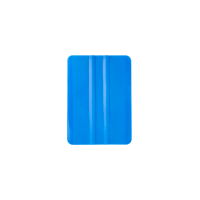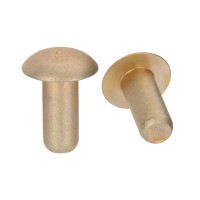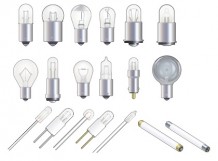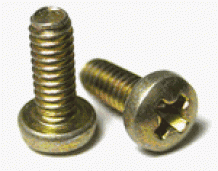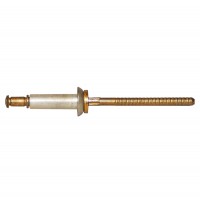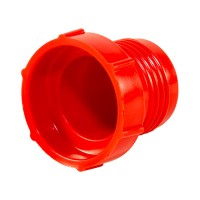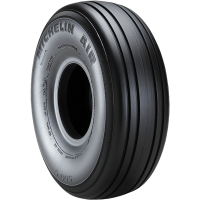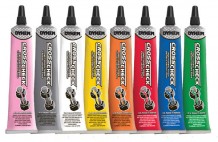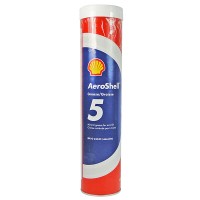Aircraft Spruce Canada
Brantford, ON Canada
Corona, CA | Peachtree City, GA
Chicago, IL | Wasilla, AK
Poly-Poxy Resin Gallon
Overview
|
Poly Epoxy is a true high-performance epoxy resin with unmatched tensile, compressive, and flex strengths. It also has unbeatable peel, shear, and fatigue resistance, as well as impact strength and fracture behavior. Its great for wings, canards, fuselages, tail feathers, and landing gear. Use it in molds or moldless construction. It parts easily and works beautifully in vacuum bagging. Shelf life: 2 years |
Tech Data
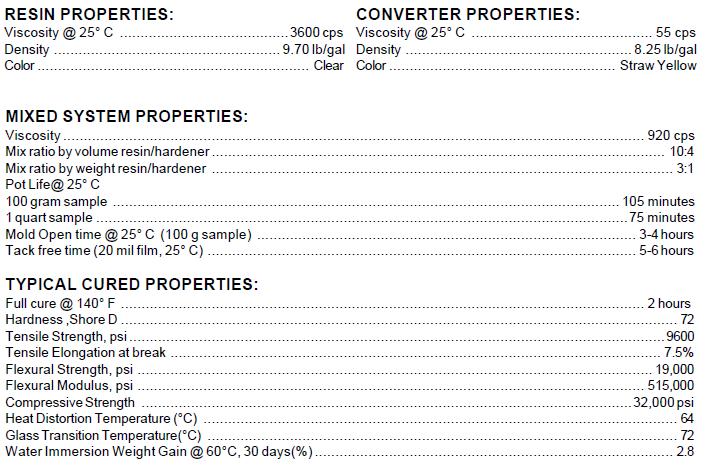
Additonal Tech Data
| Tensile Strength, psi | ||
| Elongation at Break, % | ||
| Tensile Modulus, psi | ||
| Flexural Strength, psi | ||
| Flexural Modulus, psi | ||
| Compressive Strength, psi | ||
| Shore D Hardness | ||
| Glass Transition Temp., °C | ||
| Heat Distortion Temp., °C | ||
| Water Immersion Weight Gain, % (140 °F, 30 days) | ||
| Rheology: Mixing Ratio:3 parts Resin to 1 part Converter by Weight 10 parts Resin to 4 parts Converter by Volume | ||
| Kinetics: Pot Life, 100 grams .............. 105 mins 1 quart......................75 mins Mold Open Time.......................3-4 hrs Tack Free Time......... 5-6 hrs | ||
Documents
- MSDS (PDF)
Reviews
I have been using Poly Poxy for 10 yrs. Fuel tanks, cowling, leading edges, bellypods. Tips: keep it warm. Wets out nicely when warm. I use a heat gun when necessary. Wet layup, vacuum bag, flox, micro you name it. Sands well when cured. I post cure primarily to speed up trimming and sanding. I only mix product by weight as it is easier for me to get accurate amounts. 3:1 ratio is easy to figure out.
As ordered and delivered as promised.
Lids on resin cans were loose and a small quantity leaked out onto the outside of the the can requiring 5-10 minutes to clean up
The resin arrived in a gel state and was necessary to reconstitute by immersing can in hot water for considerable time
Quality is great. But here is the problem that I have with this product: When mixing as per instructions......by volume=5 Parts resin to 2 parts hardener...…..you run out of hardener way before you run out of resin. Either add more hardener or reduce the ratio. Its like having 10 hot dogs but only 8 buns!! From the 2 complete kits, I have half a can of resin left over with no hardener. Thanks
difficult to work with, and for me took days to harden at 70 deg.
Q&A
Please note, Aircraft Spruce Canada's personnel are not certified aircraft mechanics and can only provide general support and ideas, which should not be relied upon or implemented in lieu of consulting an A&P or other qualified technician. Aircraft Spruce Canada assumes no responsibility or liability for any issue or problem which may arise from any repair, modification or other work done from this knowledge base. Any product eligibility information provided here is based on general application guides and we recommend always referring to your specific aircraft parts manual, the parts manufacturer or consulting with a qualified mechanic.
We have added to the "Tech Data" tab on this web page. It now includes the density information.
We have added the MSDS to the "Documents" tab of this web page for your review.
Poly Epoxy resin can become a cloudy white color, and possibly crystallize. This is not uncommon, and the material is still in good condition. The resin will need to be heated up to about 120 degrees or until clear, and stirred before use. Once clear, it is as good as new. To help prevent this from happening again, store in a warm place, approximately 77 degrees, and keep tightly sealed.
24 hour cure at room temp, 77*F, but longer in colder conditions. 7 day full cure.
This is a structural epoxy and cures stiff. The amount of fabric used in the lay-up will determine how stiff the part will be. The more material, the stiffer the part.
Post curing is not required, but would be achieved by heating the part in, in a supported mold, to 140*F for 2 hours.
Per Vendor: We do not have any data as if this resistant to fuel or oil once it has been cured. Although, under most conditions this is a very resilient material.
Poly Epoxy has approx a 60 min pot life, and multiple ply's can be layed up at one time. Clamping is not required, unless you're using it as an adhesive to bond two parts together.
There is very little, or no amin-blush when cured, and can be sanded when cured, 24 hrs at 77*F.
Yes, it will work great for carbon fiber, fiberglass, and Kevlar wet lay ups.

 Aircraft Spruce Canada
Aircraft Spruce Canada
